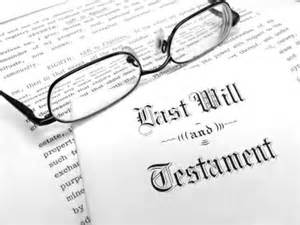 Most of us consider naming a friend or relative with a background in finance or law to be a trustee for our family, but there is an alternative that is important to consider.
Most of us consider naming a friend or relative with a background in finance or law to be a trustee for our family, but there is an alternative that is important to consider.
A corporate trustee will have a very different approach to managing a trust, and depending on your situation, may be a far better choice than a family member or friend. They’ll bring sound investment management skills and knowledge, minus the distractions of emotions.
The Dallas Business Journal’s recent article, “Fiduciary investment management and corporate trustees,” explains that one of the many benefits of appointing a corporate trustee, is that they are held to a fiduciary standard of care when managing a trust investment portfolio. That means that they’re legally required to place their client’s interests above their own when making investment decisions. While this may seem like a no-brainer, it’s not the rule for all financial professionals.
 Houston Estate Planning and Elder Law Attorney Blog
Houston Estate Planning and Elder Law Attorney Blog








